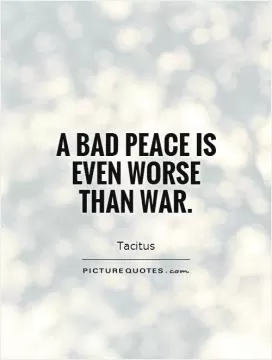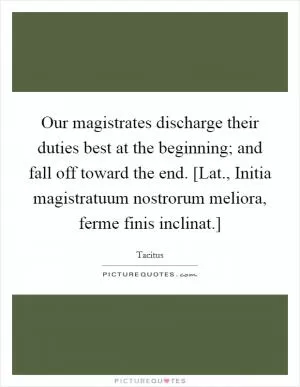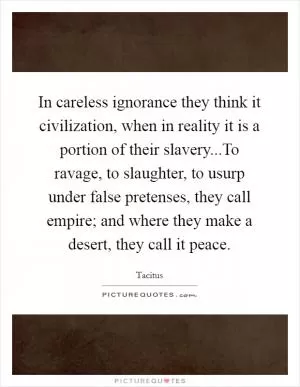Cassius and Brutus were the more distinguished for that very circumstance that their portraits were absent

Cassius and Brutus were the more distinguished for that very circumstance that their portraits were absent
In the context of Tacitus, the absence of portraits of Cassius and Brutus actually serves to enhance their reputation and distinguish them even more. Tacitus, a renowned Roman historian, often focused on the political and moral character of individuals in his works, and the absence of portraits of these two figures speaks volumes about their integrity and principles.Cassius and Brutus are best known for their roles in the assassination of Julius Caesar, an act that has been both condemned and celebrated throughout history. While their actions may have been controversial, their motives were rooted in a deep sense of duty and loyalty to the Roman Republic. By not having their portraits displayed, they are able to maintain a certain mystique and nobility that is often lost when individuals are immortalized in art.
The absence of portraits also highlights the humility and selflessness of Cassius and Brutus. Unlike many other Roman leaders who sought to glorify themselves through statues and paintings, these two men were more concerned with the greater good of Rome and the preservation of its values. Their lack of vanity and desire for personal recognition sets them apart from their contemporaries and further solidifies their reputation as honorable and principled individuals.
Furthermore, the absence of portraits allows for a more nuanced and complex understanding of Cassius and Brutus. Without the visual cues provided by their likenesses, readers are forced to focus on their actions, words, and motivations in order to form an opinion of them. This allows for a more thoughtful and critical analysis of their characters, rather than relying on superficial appearances.












 Friendship Quotes
Friendship Quotes Love Quotes
Love Quotes Life Quotes
Life Quotes Funny Quotes
Funny Quotes Motivational Quotes
Motivational Quotes Inspirational Quotes
Inspirational Quotes